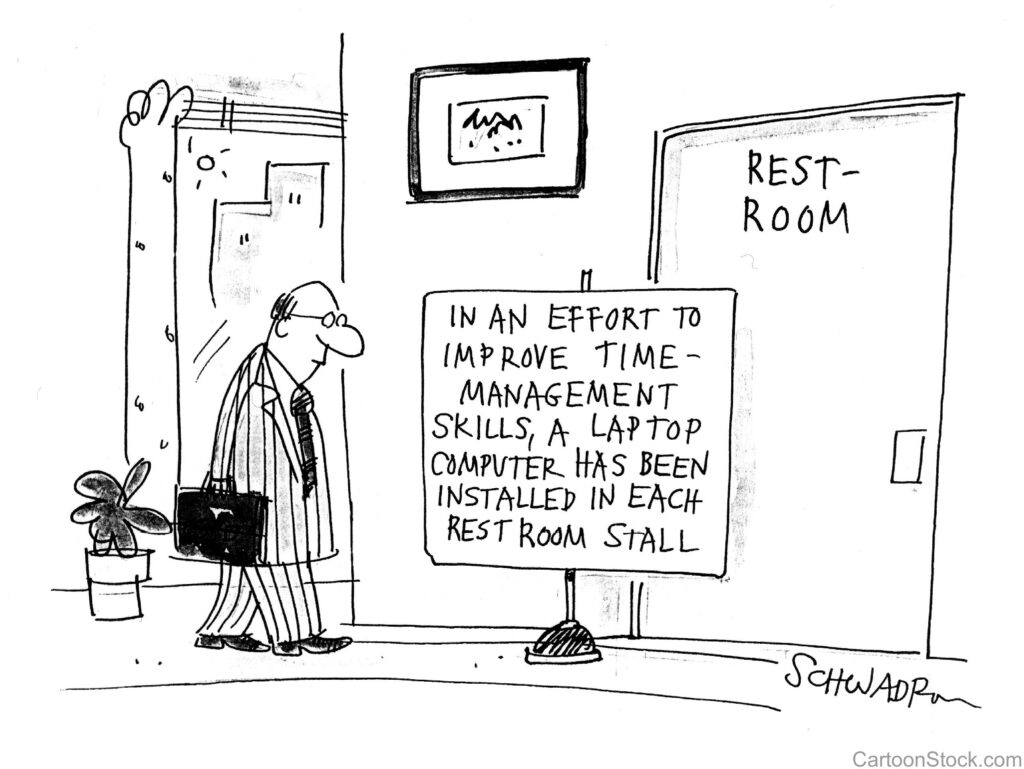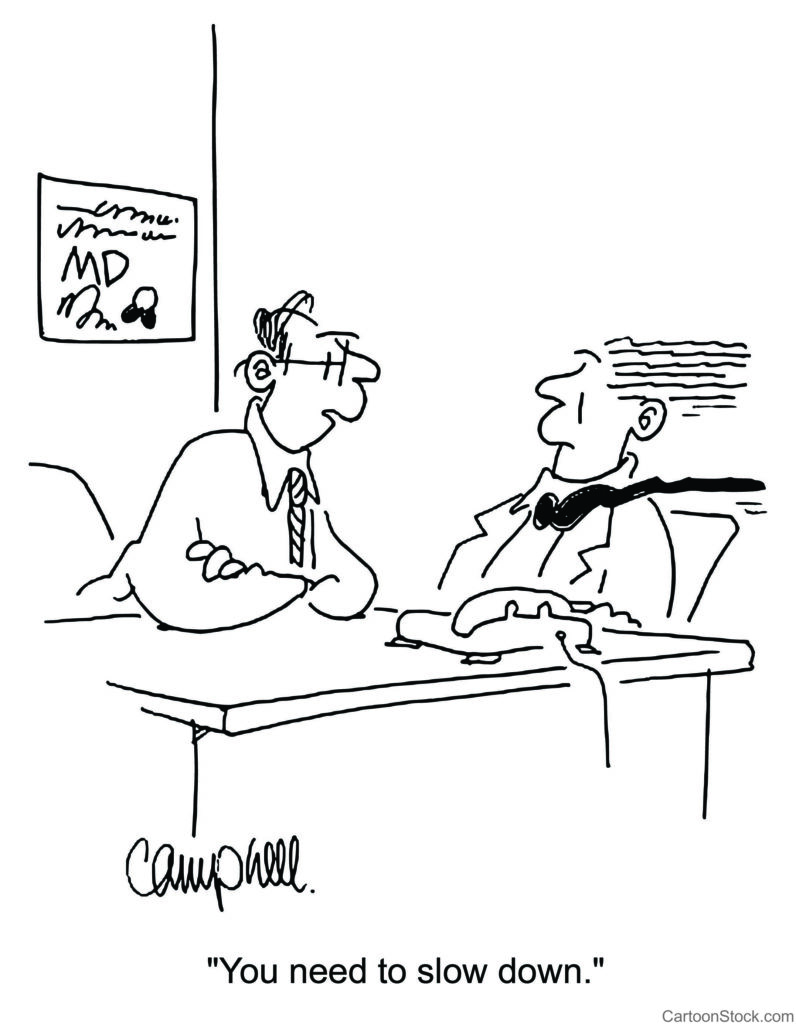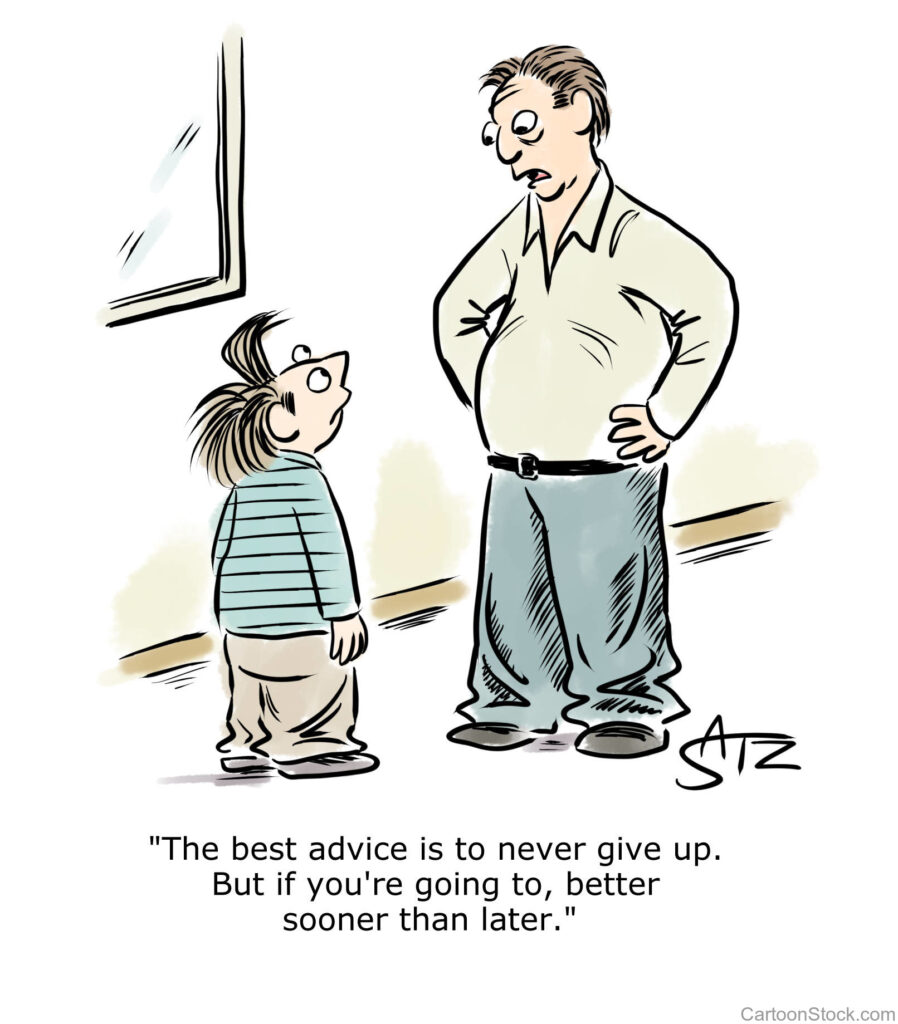“How did you go bankrupt?” Bill asked.
“Two ways,” Mike said. “Gradually and then suddenly.”
[Dialogue from Ernest Hemingway’s 1926 novel, The Sun Also Rises.]
Some things in life happen suddenly, with no forewarning. Like car accidents.
But usually, small actions, repeated over time, gradually accumulate and then suddenly morph into something big. Like the guys putting rubber bands around a watermelon. It happens gradually, then suddenly. Hemingway wrote that bankruptcy can follow this path, and we also see the pattern in other areas of life.
This dynamic can be either harmful or beneficial. Multiple, unwise small actions can lead to major problems.
- Use your credit card indiscriminately on a regular basis and eventually you’ll be in financial trouble.
- Consume a few more calories than you burn day after day, and you may become obese.
- Neglect relationships and they’ll turn sour.
But multiple positive, small actions can lead to significant and good results.
- Doggedly abide by an annual budget, get out of debt, and save for retirement, and you’ll have financial peace and security.
- Restrict your food intake and exercise regularly and you’ll enjoy a healthy lifestyle. Calories in/calories out; it’s just math.
- Deliberately prioritize and cultivate important relationships, and you’ll “never walk alone.”
The Bible uses an agricultural analogy to explain a similar phenomenon: the Law of the Harvest: “Whatever a person sows, this he will also reap” (Galatians 6:7). Notice:
- You reap what you sow. If a farmer sows corn seed, he’ll reap corn. You can’t plant corn seeds and expect to get broccoli.
- You reap later than you sow. After the seed is planted it seems like nothing happens for a long time, but eventually fruit comes.
- You reap more than you sow. A single seed produces a lot of corn. There’s an exponential return. (In finances, it’s called compound interest.)
Identify some small tasks that you persistently do (both good and bad) that may accumulate and cause a major event. Drop the ones that are heading in the wrong direction an accelerate the good ones.



